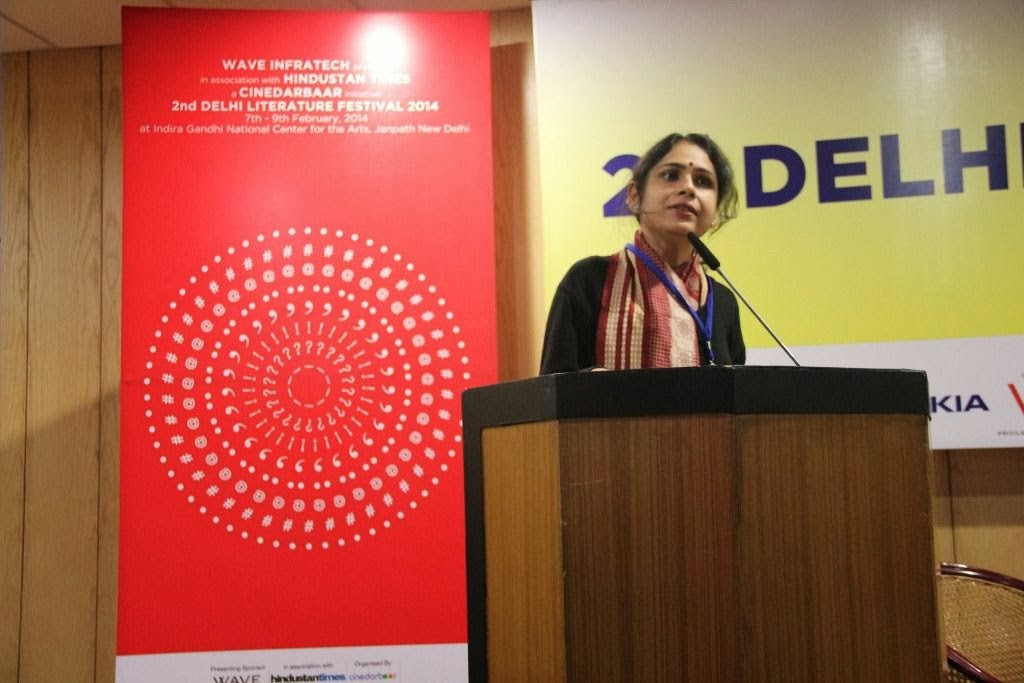This was sometime in 2012. I had read Chitra Divakaruni’s “The Palace of Illusions” a few months ago and was spell bound. I don’t recall the last time an Indian author had held me in such thrall. I could not get the book out of my mind. The freshness with which she dealt with the tale of The Mahabharata, a story that we had grown up listening to, was amazing. I could go on and on, endlessly about the different facets of the book that made such an indelible impression on my mind.
That is
when I came across Dr.Pratibha Ray’s novel- Yajnaseni. She, who is born out of
the fire of the sacred Yagna- Draupadi. I was mesmerized. After other book, I
lost my heart once again. Perhaps it is the character of Draupadi who refuses
to leave the reader. She is strong yet vulnerable, perfect in all ways possible,
yet is not above weaknesses. She is real. She is you or me.
Though I
have served in Odisha for several years, I did not have the opportunity to meet its author, the
Janpeeth laureate and Padmashri, Dr.Pratibha Ray. However, when my second book and maiden novel was to be launched in Bhubaneswar, I thought to myself, how nice it would
be to get the blessings of Dr.Ray for my effort to turn into a novelist.
Man
proposes but God disposes. His ways are at times beyond comprehension. So
though Dr.Ray could not join the book launch function, she sent a video
recorded message that is one of the most precious gifts I have ever received.
And if you do not believe me, hear her wonderful blessings yourself.









































































